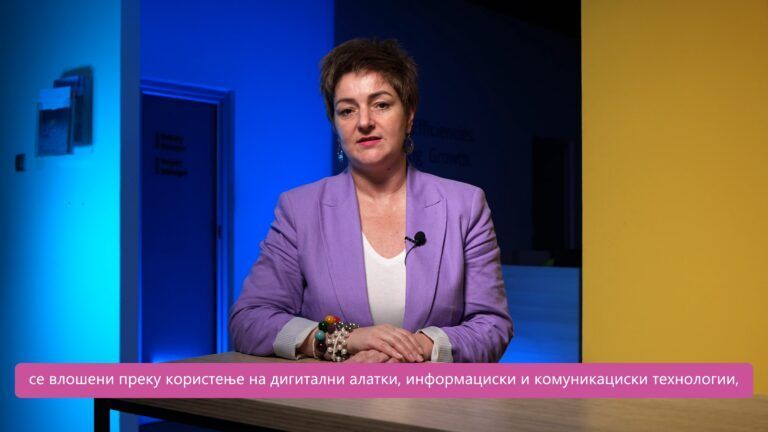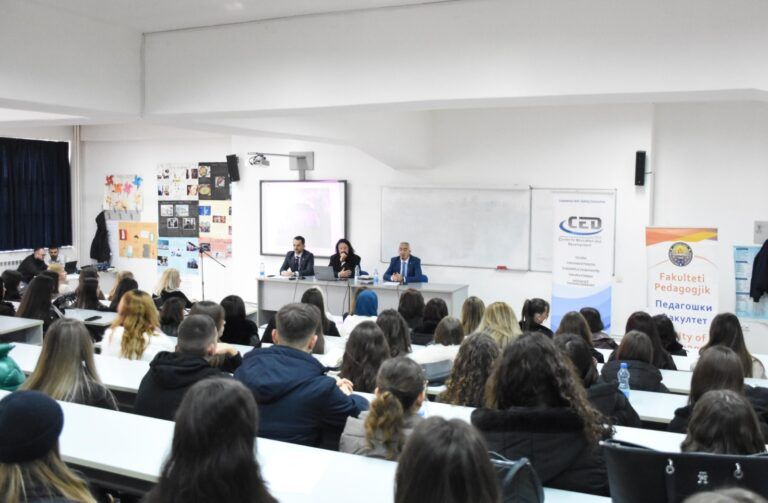Taking Responsibilities Regarding the Right to Education Seriously
As an economic, social and political right, the main aim of the right to education is to promote the personal growth and development of an individual, as well as the ability for that individual to adapt to society. While a global conceptual framework on the right to education as a human right is established under international human rights law and is fully ratified by North Macedonia, significant challenges remain at the national level. The European Union has developed guidelines under the Charter of Fundamental Rights recognising education as a human right (Article 14, Title II Freedoms), which North Macedonia as a candidate country should observe. Yet, the European Commission has reported clear challenges with the implementation and respect of the right to education in North Macedonia, whose addressing is long overdue.
This policy brief follows the conceptual structure of the “4A’s” of the right to education – adaptability, availability, accessibility and acceptability and detects key issues where the state has failed to fulfil its obligations pertaining to this human right. It demonstrates that the government has failed to implement the right to education to its full extent, as per the four A’s, including by persisting challenges such as pervasive discrimination and lack of resources, topped by partisation. When discussing the education system in North Macedonia one should always keep in mind that it is a multicultural country. Yet, its educational system does not address well discriminatory and segregation practices. Not enough resources are invested in building a safe and healthy learning environment for all children. This issue begins with the lack of basic materials such as textbooks up until the whole infrastructure of proper facilities and their sanitation. A larger part of the schools does not meet the basic requirements for a safe environment, thus exposing youth to (potential) danger. Each of the previously mentioned issues is linked to the issue of political suppression and the centrality of political elites’ own gains in reform processes, instead of interventions that can lead to achieving higher learning and safety standards.
This policy brief provides recommendations for addressing these challenges. While it is recognised that a core challenge remains that of reforming the political elites which will require a very complex and long-term process which are beyond the reach of this brief, smaller steps in the direction of fulfilment of the four As of education can be made that can lead towards the fulfilment of the right to education obligations of the country. Education should be the key to providing solid ground for well-being and exploration of the full potential of each individual and thus of society as a whole. More efforts need to be invested in prioritising and promoting education. All children should be provided with the basic requirements for their fundamental rights. Discrimination and segregation in education, in particular towards Roma children and children with disabilities, should be dealt with seriously.


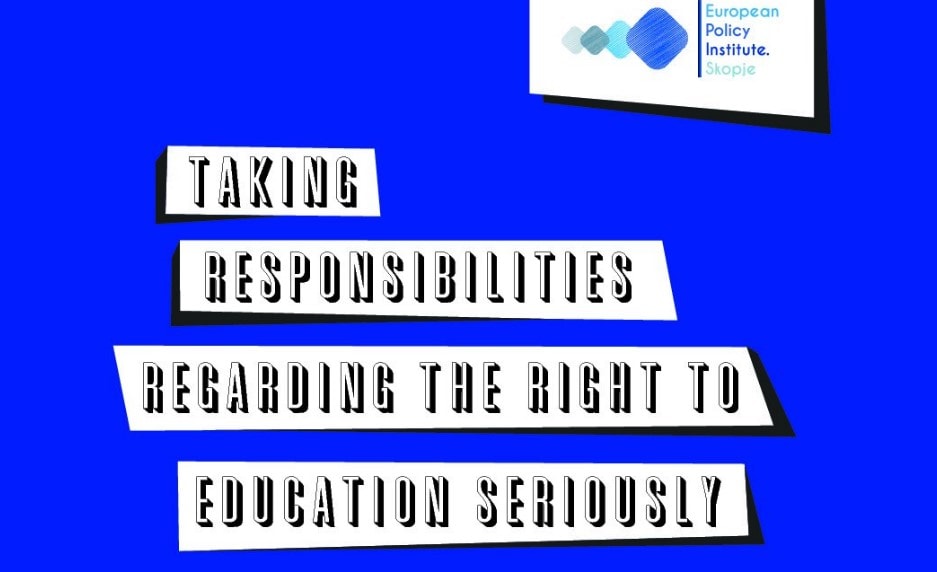
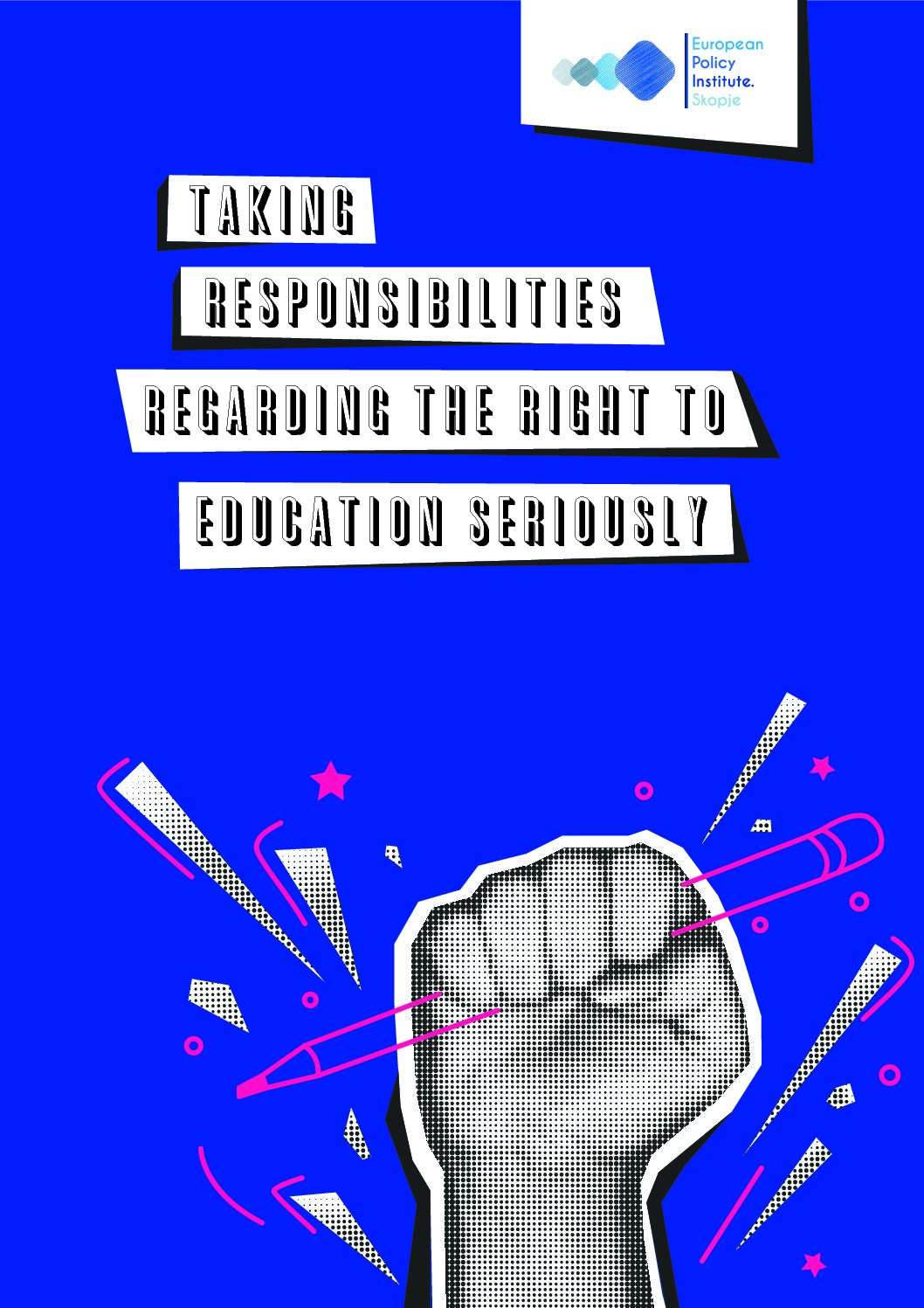
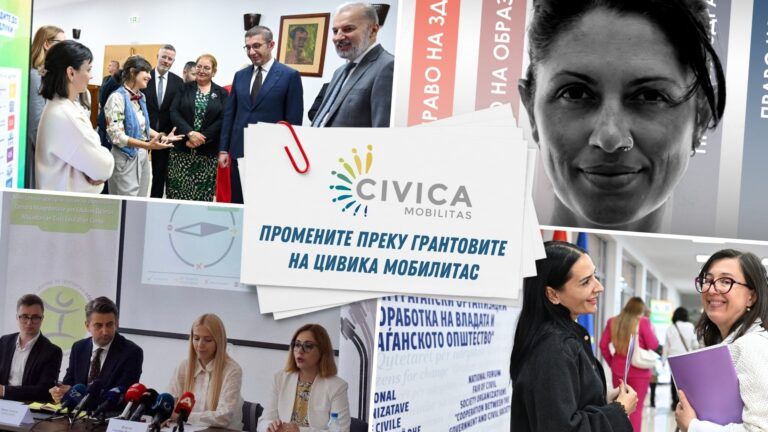
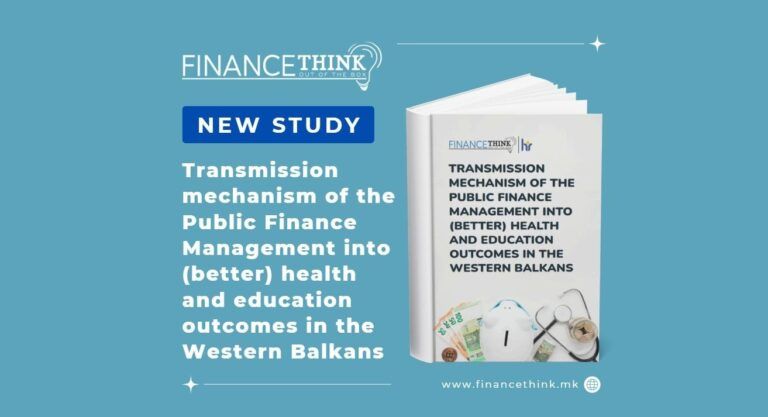
![[Aggregator] Downloaded image for imported item #43092](https://civicamobilitas.mk/wp-content/uploads/2025/12/media-lit-call-for-proposals-fotor-naslovna.png)
![[Aggregator] Downloaded image for imported item #43146](https://civicamobilitas.mk/wp-content/uploads/2025/12/10-1536x1152-1-1024x768-1-768x576.jpg)
